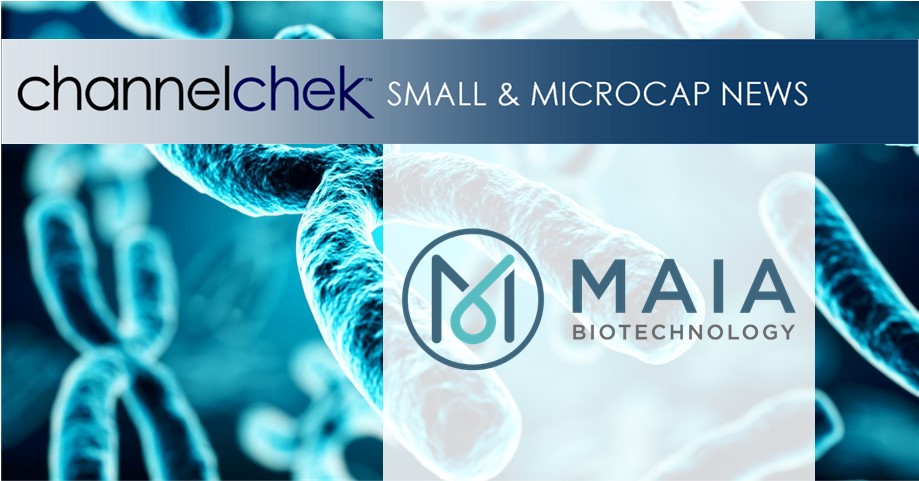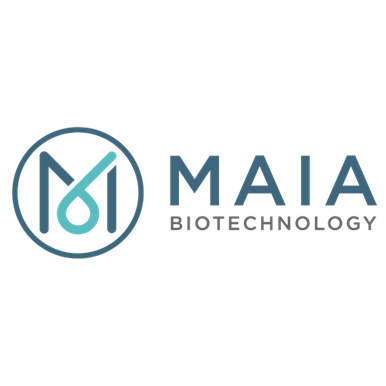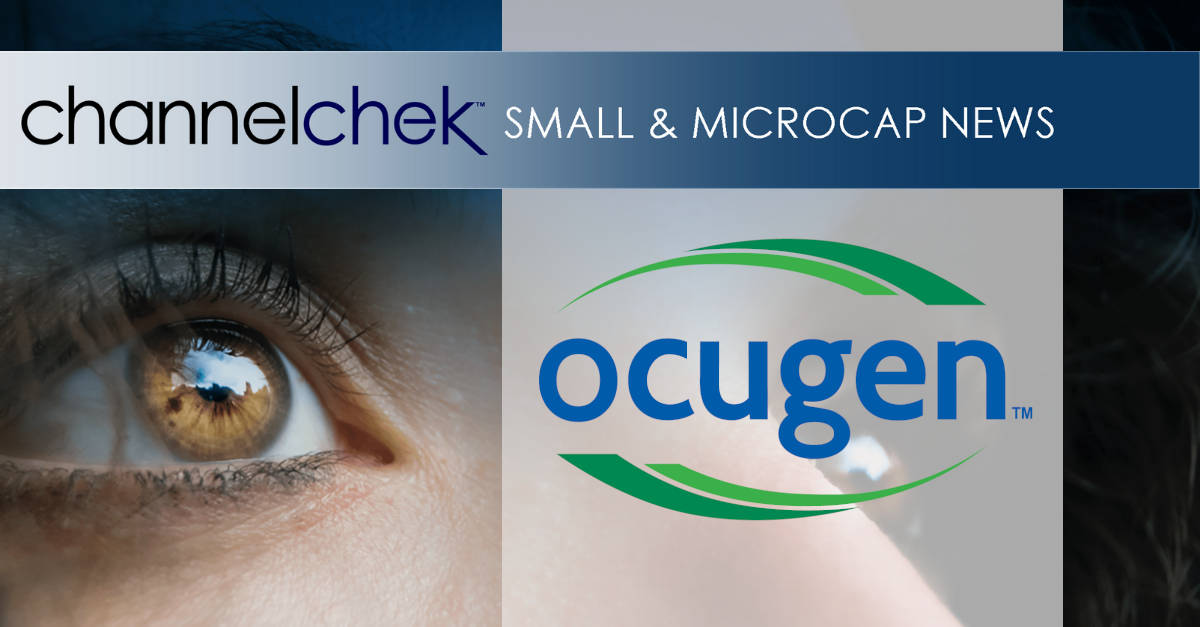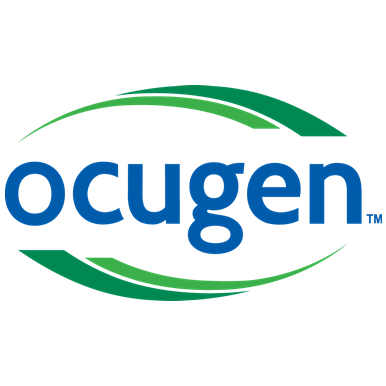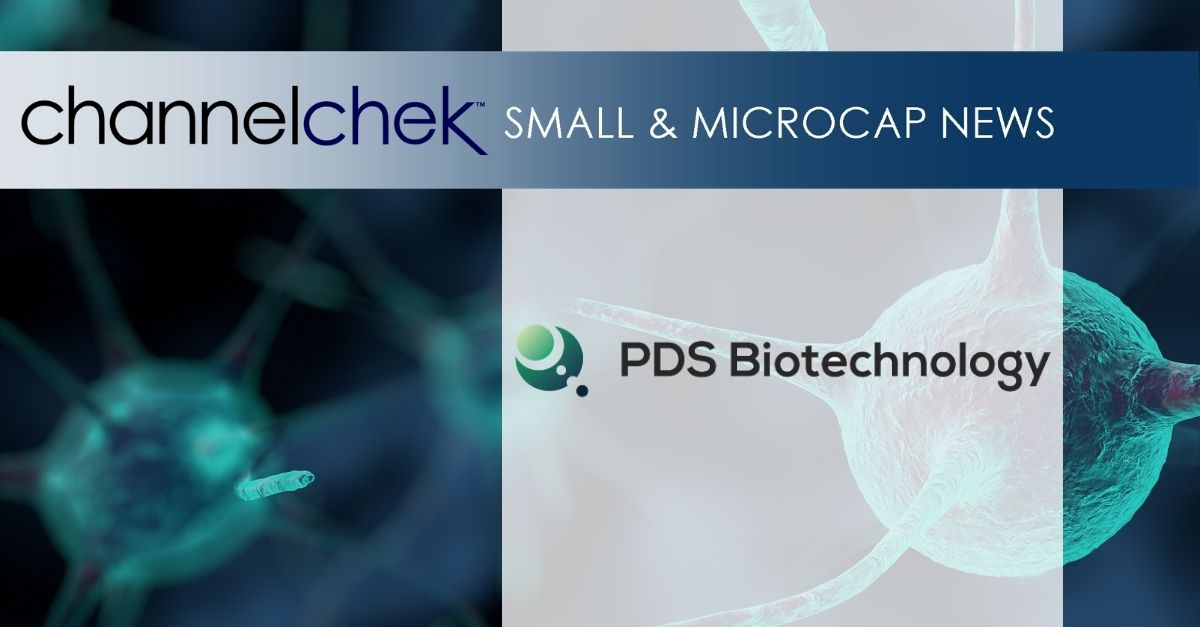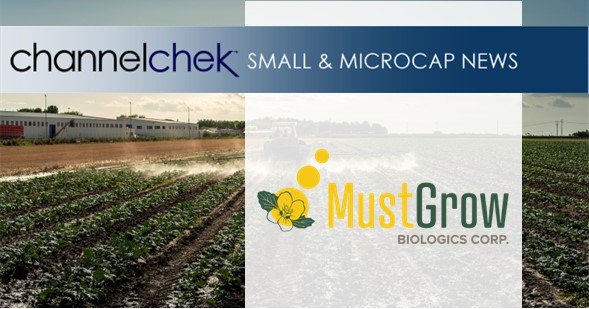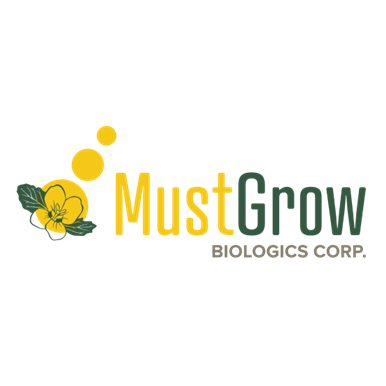| Key Points – Quanterix acquires EMISSION for $10M, expanding its technological capabilities and entering the OEM market. – EMISSION’s bead technology enhances Quanterix’s Simoa platform for high-multiplex and multi-omic assays. – The acquisition is expected to drive revenue growth and improve margins by 2026. |
Quanterix Corporation (NASDAQ: QTRX), a company advancing scientific discovery through ultrasensitive biomarker detection, has announced the acquisition of EMISSION iNC., a Georgetown, TX-based manufacturer of proprietary magnetic beads and mid-plex assay platforms. The transaction, expected to close in January 2025, aims to vertically integrate EMISSION’s bead technology into Quanterix’s next-generation platform and drive a new multi-plex segment targeting OEM customers.
Masoud Toloue, Quanterix’s CEO, emphasized the importance of controlling core components to expand their technology stack and capabilities. “EMISSION’s proprietary bead technology has already been validated on our upcoming new Simoa platform and will enable us to provide OEM beads to other non-Quanterix platforms. We look forward to welcoming EMISSION’s innovations and colleagues to the Quanterix team,” he stated.
EMISSION’s magnetic beads are designed for low and mid-plex assays, offering high uniformity and scalability. Their integration into Quanterix’s platform will enhance multi-plex and multi-omic capabilities, ensuring greater control over critical components. EMISSION CEO Van Chandler expressed enthusiasm about the partnership, noting that their high-quality bead technology aligns with Quanterix’s vision to make advanced multi-plex assays accessible to all labs.
The acquisition involves an upfront cash payment of $10 million, with an additional $10 million contingent on the completion of technical milestones. EMISSION may also earn up to $50 million in performance-based payouts, expected to be funded through cash generated from meeting those milestones. Quanterix anticipates the deal will positively impact revenue and gross margins by 2026.
This strategic move reinforces Quanterix’s commitment to innovation in biomarker detection and diagnostics. By integrating EMISSION’s technology, the company strengthens its position in the multi-plex assay market while opening new revenue streams through OEM partnerships. With Simoa technology already setting industry standards for ultrasensitive biomarker detection, the acquisition marks a significant step toward broadening the reach of Quanterix’s tools and solutions.
Quanterix’s focus on neurology, oncology, immunology, and infectious disease research continues to fuel breakthroughs in disease understanding and management. With nearly two decades of experience, the company remains a trusted partner for researchers, boasting over 2,900 peer-reviewed publications featuring its technology. The integration of EMISSION’s beads is expected to enhance Quanterix’s ability to deliver precise, flexible solutions to researchers and clinicians worldwide, further cementing its leadership in the field.
Furthermore, the acquisition aligns with Quanterix’s strategy of vertical integration, which is increasingly critical in the competitive field of diagnostics. By bringing key components in-house, Quanterix not only enhances its technological control but also reduces dependence on external suppliers, paving the way for faster innovation cycles and cost efficiencies. This approach is expected to drive long-term growth and maintain the company’s edge in a rapidly evolving industry.
The addition of EMISSION’s proprietary bead technology also has implications for the broader scientific community. By targeting third-party OEM customers, Quanterix is fostering collaboration and expanding access to advanced diagnostic tools. This could accelerate the adoption of multi-plex assays across various laboratories and research institutions, driving progress in disease diagnostics and personalized medicine.
As the demand for high-sensitivity biomarker detection continues to grow, Quanterix’s ability to deliver scalable, high-quality solutions becomes increasingly vital. The integration of EMISSION’s technology not only reinforces Quanterix’s position as a market leader but also underscores its commitment to empowering scientists with cutting-edge tools to address complex healthcare challenges. With this acquisition, Quanterix is poised to play a pivotal role in shaping the future of diagnostics and research.

